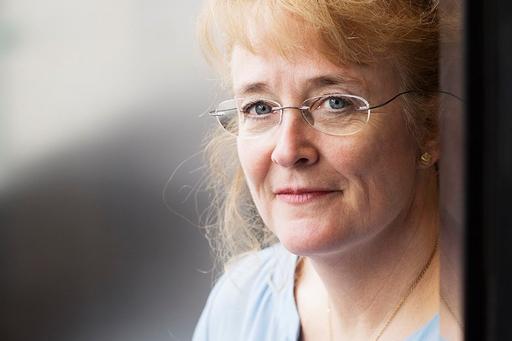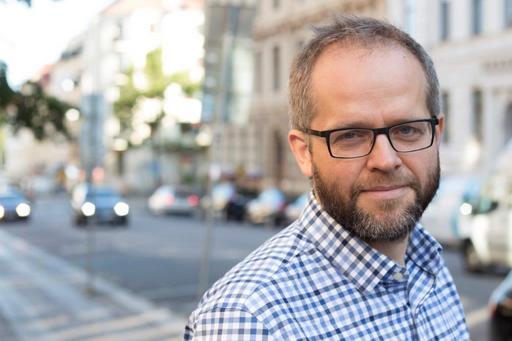Innovation and Entrepreneurship are important parts of socio-economic growth and to reach societal goals. To strengthen research in the area, the University of Gothenburg is starting a new centre for knowledge-intensive innovation ecosystems.
Innovation ecosystems can consist of both physical meeting places for different actors and of working methods that facilitate innovation within and between companies and organizations. Our conceptualization of knowledge-intensive innovation ecosystems are based on different types of scientific, technical and creative knowledge and coordinate various actors from academia, business and public activities to drive knowledge-intensive innovations.
That is why the University of Gothenburg (GU) is now starting U-GOT KIES - Centre for knowledge-intensive innovation ecosystems. The Vice-Chancellor of the University of Gothenburg has appointed ten researchers, who are active both at GU and internationally, to be part of the steering committee. Among these are Martin Henning, Elena Raviola, Stefan Szücs, Björn Remneland Wikhamn and Olof Zaring.
The centre will focus the research on knowledge-intensive innovation ecosystems and how they impact the prosperity of societies and create conditions for economic growth. Both Swedish and international researchers from different disciplines will collaborate with external actors to study how technology, society and economy interact.
- By focusing on excellent research, which also interacts with society, we hope to be able to share research with companies and decision-makers and gain new insights that can contribute to education in innovation and entrepreneurship, says Maureen McKelvey, Professor of Industrial Economics and Director of U-GOT KIES, which is starting operations on July 1st.

Innovation ecosystems contribute to prosperity
A relevant and current example of how our analysis shows that an innovation ecosystem can contribute to prosperity and how it creates conditions for economic growth can be found in medical innovation. These can be, for example, new vaccines and medicines, new ways of diagnosing or treating, or new ways of producing medical technology and medicines. To achieve this, close collaboration between different actors is required.
- It is very exciting that U-GOT KIES has been formed and I look forward to our future collaboration, not least around medical innovation. It's essential for society that such hubs are created and made to work well for an extended period of time. These intersections of different competencies are where medical innovation happens, says Rögnvaldur Sæmundsson, Professor of Industrial Economics and Management at the University of Iceland and a member of the U-GOT KIES steering group.

Academia and industry meet in long-term research collaborations
U-GOT KIES will formally start on July 1st 2021. However, already in May, Maureen McKelvey at the centre, together with Guido Beunstorf, Visiting Professor at GU and INCHER-Kassel, University of Kassel, is arranging a two-day research seminar on industrial doctoral students and their impact on business innovation. Moreover, the organizers have arranged so that leading European researchers and representatives from large corporations and organizations, such as AstraZeneca, Volvo Cars and WASP, meet in a panel debate. This is a way to increase the mutual understanding of what drives dynamic processes and changes in a society, where academia and industry meet in long-term research collaborations.






